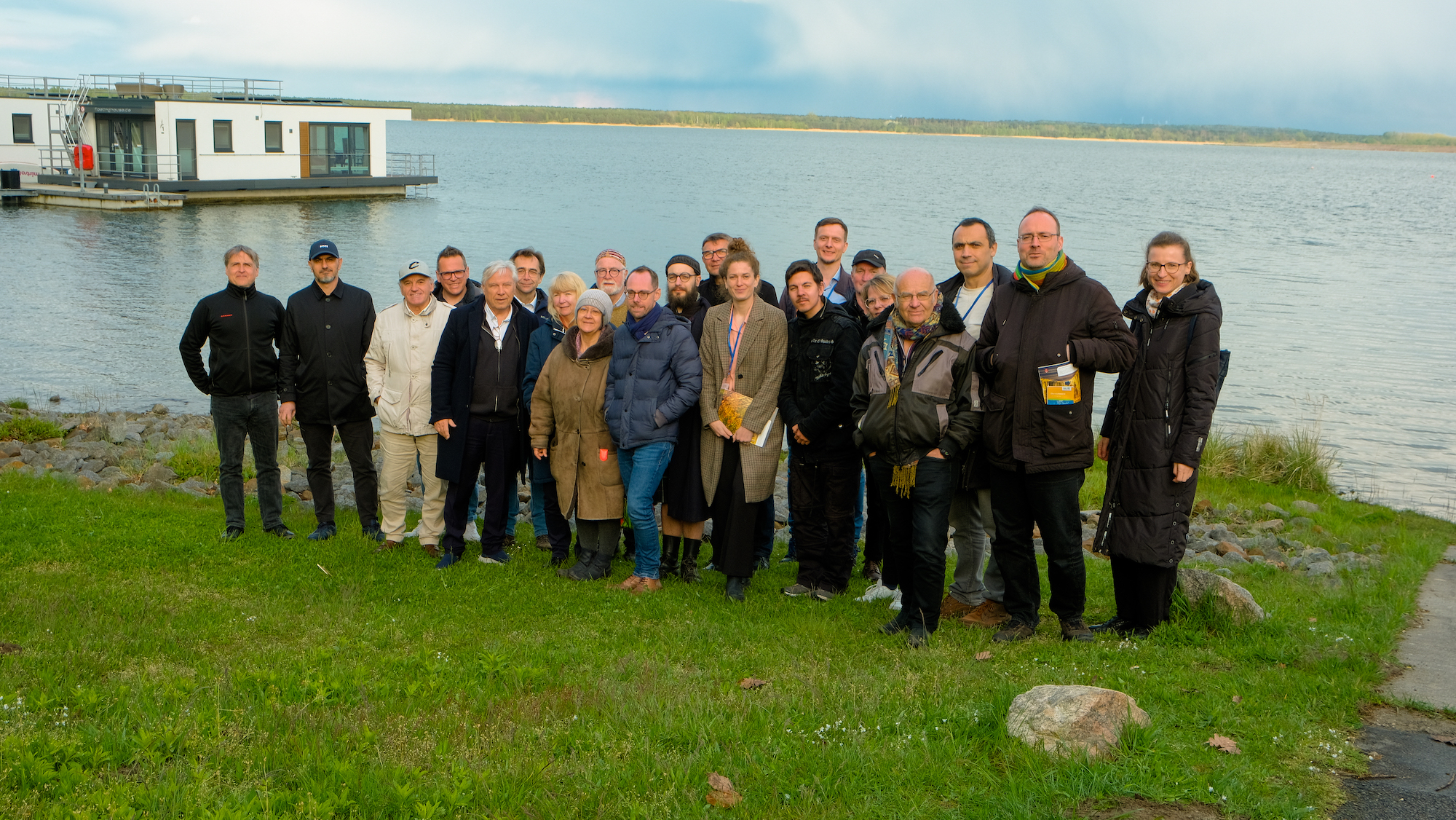
Annual conference of the FUEN Non-Kin-State Working Group: Intensive exchange in Spreewald/Błota
30.04.2024What challenges do those European ethnic groups that do not have a mother state face? How does economic structural change influence the continued existence of these non-kin state minorities? And what role can tourism play in their future development? These questions were at the centre of the recently concluded annual meeting of the Non-Kin-State Working Group under the umbrella of the Federal Union of European Nationalities (FUEN).
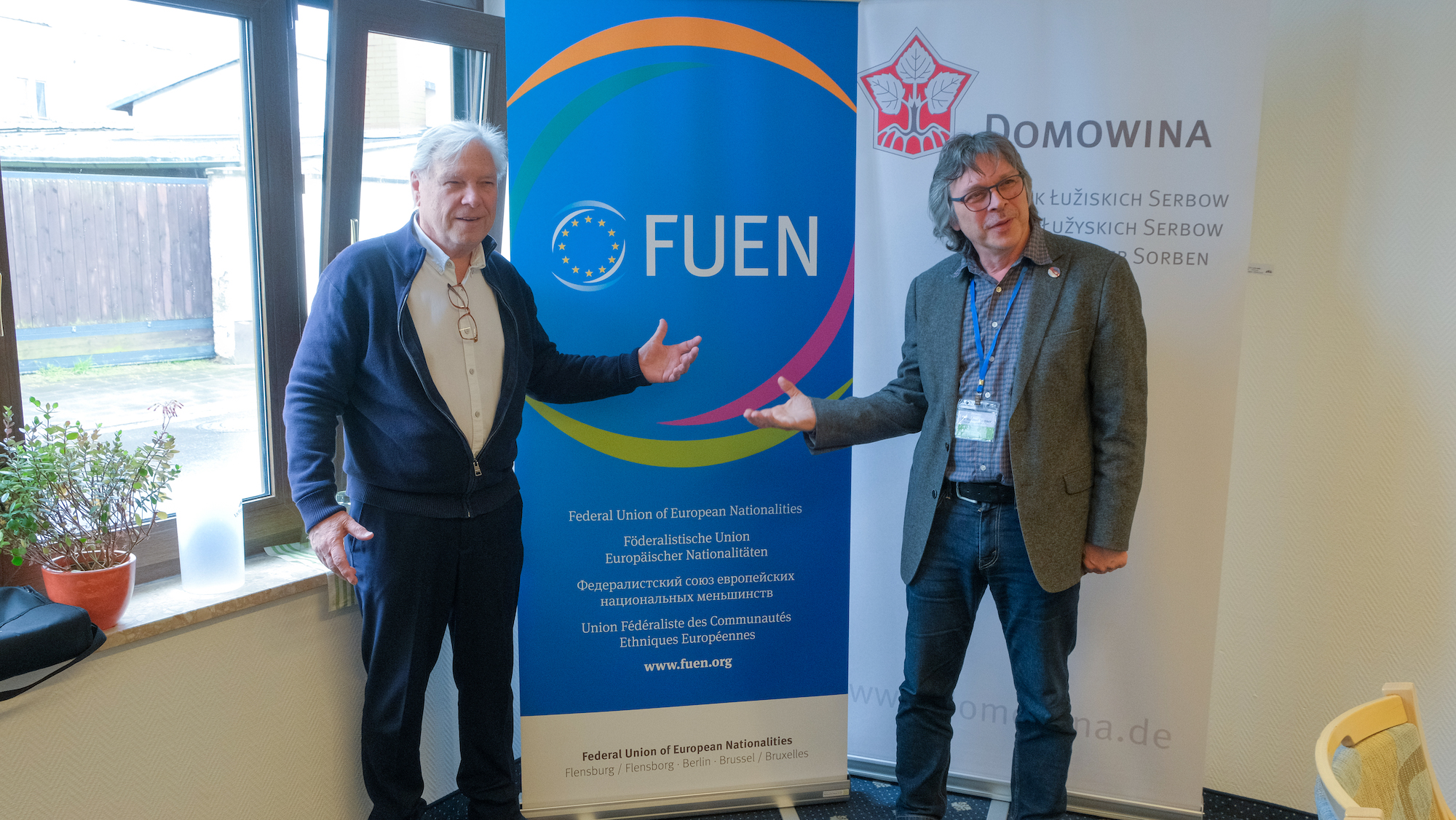
The annual meeting of the working group took place for the eighth time, this time in picturesque Lübbenau/Lubnjow, in the heart of the Spreewald/Błota (Germany). From 23 to 26 April 2024, around 40 representatives of various minority communities from ten countries in Europe and Central Asia gathered to discuss their specific concerns. The conference was organised in cooperation with Domowina – Bund Lausitzer Sorben e.V. / Domowina – Zwjazk Łužiskich Serbow z.t. / Domowina – Zwězk Łužyskich Serbow z.t.
The conference programme included several working sessions, discussion rounds and excursions, which dealt intensively with the culture and traditions of the Sorbs/Wends, the Spreewald/Błota tourist region and the ongoing structural change in Lusatia. Experts from the ranks of the Lusatian Sorbs as well as representatives from the city administration of Lübbenau/Lubnjow, the district of Oberspreewald-Lausitz and the local tourism industry provided a wide range of insights into current developments and presented innovative projects that are currently shaping the region.
The four-day event was chaired by FUEN Vice President Bahne Bahnsen, who is also the spokesperson for the Non-Kin State Working Group. He emphasised the essential importance of cooperation between the Non-Kin-State minorities as the key to preserving diversity in Europe. “It was also extremely important for us to learn how the Sorbian minority is renewing itself and developing ideas for the future”, he emphasised.

The chairman of Domowina, Dawid Statnik, addressed this issue during the conference and explained that the Sorbian community is currently undergoing change. He also spoke about how the ethnic group is adapting to the challenges of the digital era.
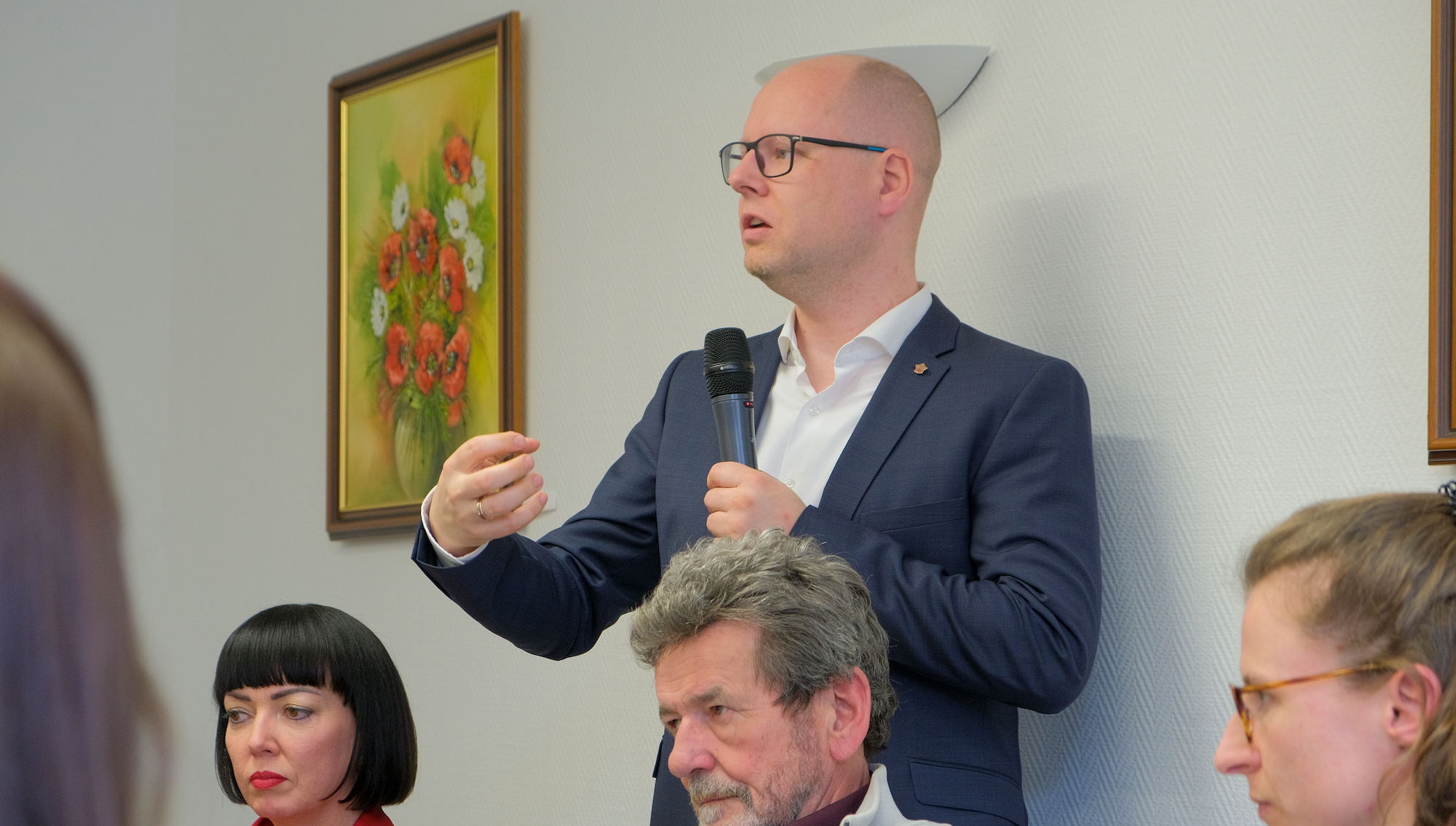
Another key aspect of the conference was the topic of “Tourism as an opportunity for the minority”. Peter Bresan/Pětr Brězan from the “Sorbian Cultural Tourism” association and Robert Engel from the “Lower Sorbian Cultural Academy” reported on cultural tourism initiatives that have had a positive impact on structural change in Lusatia. According to the two speakers, the Sorbs play an indispensable role in the tourist landscape of the Spreewald/Błota and see tourism development as an opportunity to preserve their language, culture and traditions.
In contrast, the Ladin Pablo Palfrader and the North Frisian Bahne Bahnsen warned of the dangers of so-called overtourism in their presentations. With this in mind, Bahne Bahnsen asks: “Is tourism always good? Or are we heading helplessly towards mass tourism in some regions of Europe, which will completely displace the local population?” This can be seen on the island of Sylt in North Friesland, for example, Bahnsen adds.
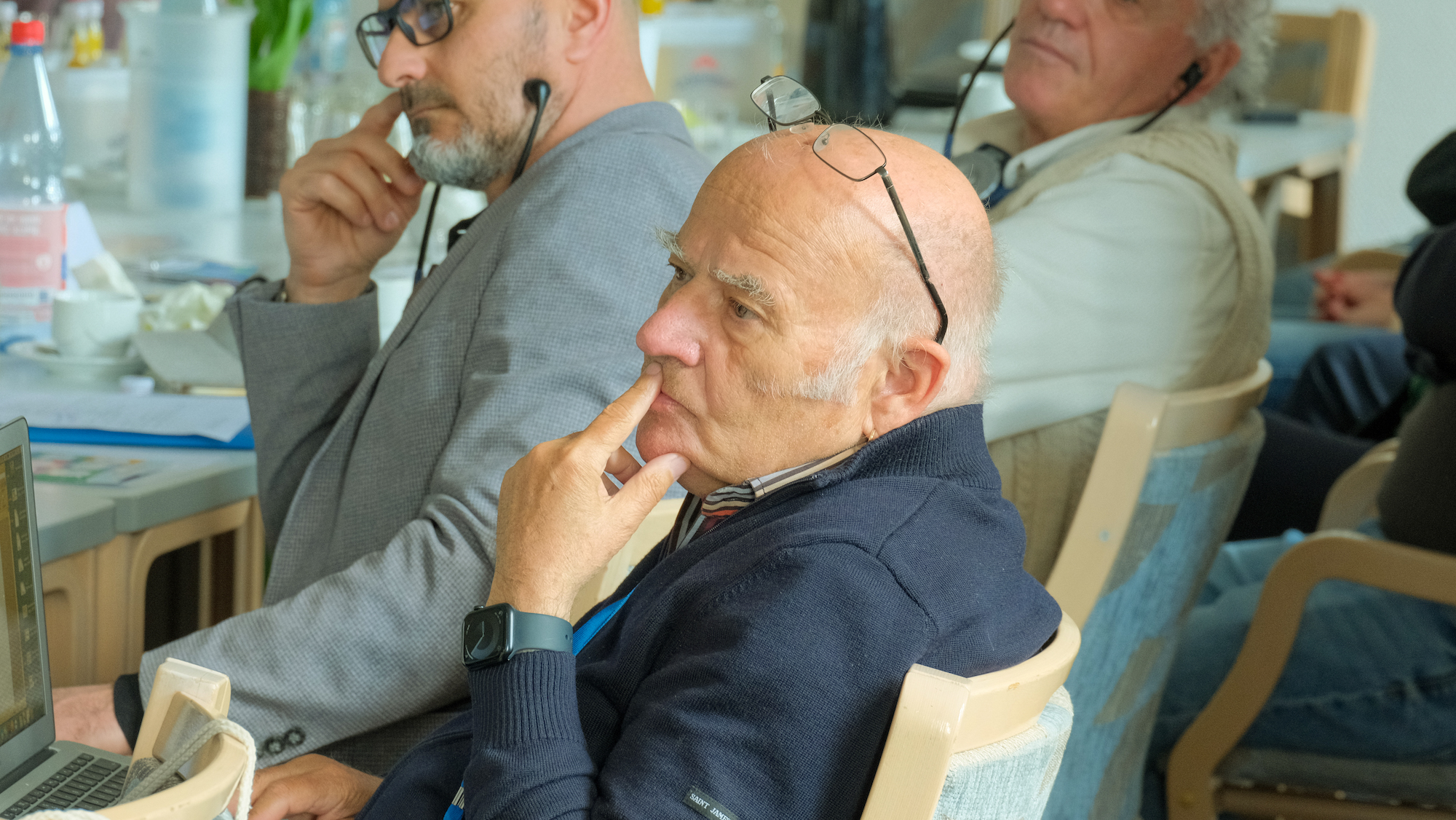
Such problem areas were also addressed in the country reports, during which the minority representatives who had travelled to the conference exchanged views on current issues in their respective organisations and discussed plans for the coming year.
The agenda also included a panel discussion on economic structural change in Lusatia – away from the extraction of fossil fuels and towards a sustainable region of the future – and the contribution of the Sorbs/Wends to this process. Dr Fabian Jacobs from the Sorbian Institute/Serbski institut gave a lecture on “The end of lignite mining in Lusatia as a window of opportunity for the Sorbs/Wends”.
In the context of the panel discussion the projects “UNESCO 5” (joint project of the Lusatian UNESCO sites), “ZARI” (network for regional identity and the Sorbian language) and “Zorja” (immersive programme for learning the Lower Sorbian language) were also presented.
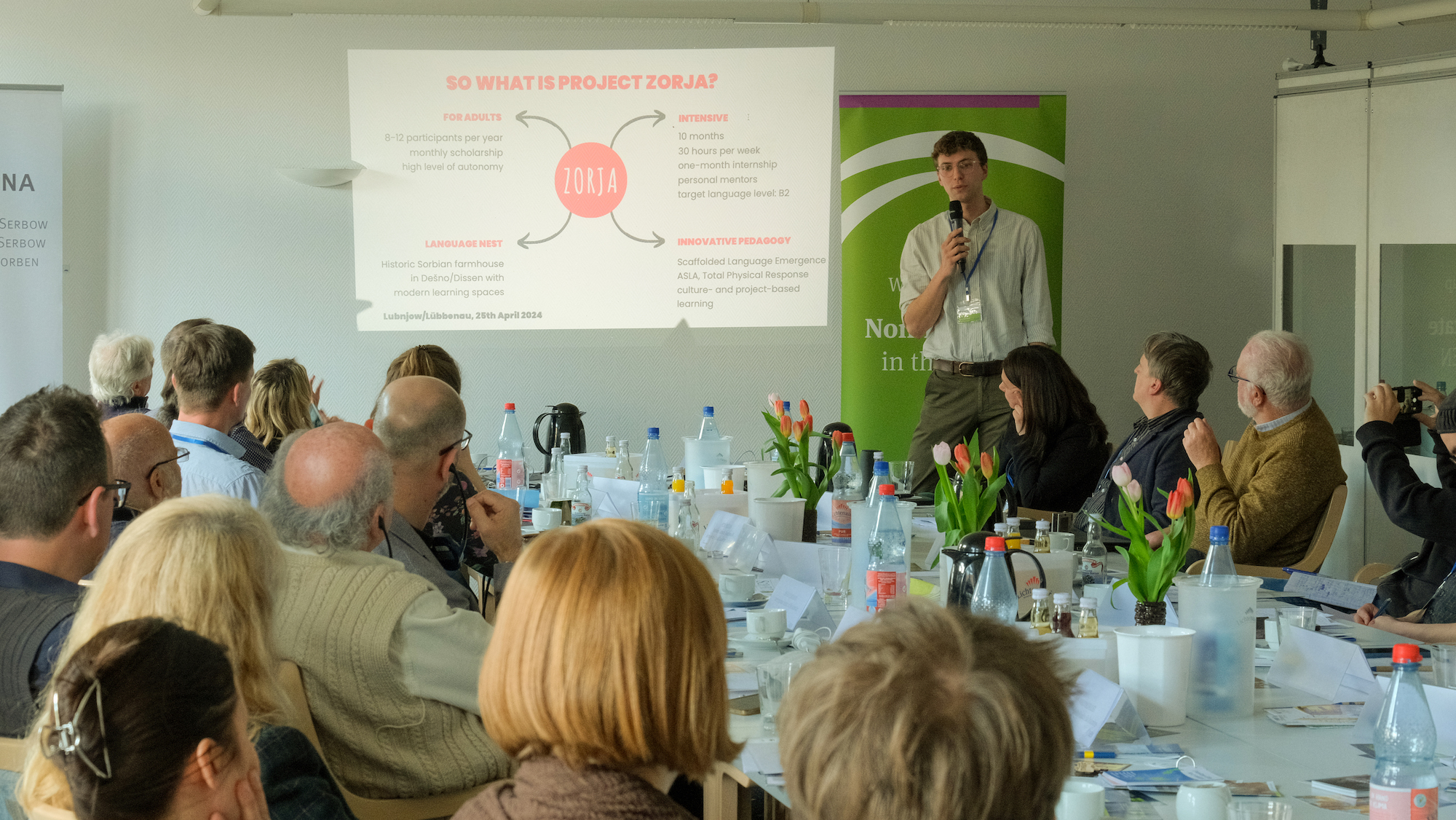
Last but not least, the group visited a still active open-cast lignite mine in Welzow/Wjelcej and the site of a former mining area, which now serves as a local recreation area. An exchange then took place at the local Welzow Archaeotechnical Centre, an educational facility that uses experiments, restoration work and excavations to convey the history and culture of the region. During the discussion with the employees of the facility, it became clear that the prospective end of lignite mining in the region would also have negative consequences for the local communities – for example, the loss of jobs and the associated exodus of young people in particular. In addition, there is little support from the federal government and the state of Brandenburg to adequately manage the structural change.

“The visit to Welzow/Wjelcej was certainly a highlight of the conference”, says Bahne Bahnsen. “We were able to gain a vivid impression of how extensive open-cast lignite mining was and still is here.” However, the AG spokesperson is not only satisfied with this item on the programme, but also with the course and content of the conference as a whole. He is already looking forward to the next meeting in a year's time.
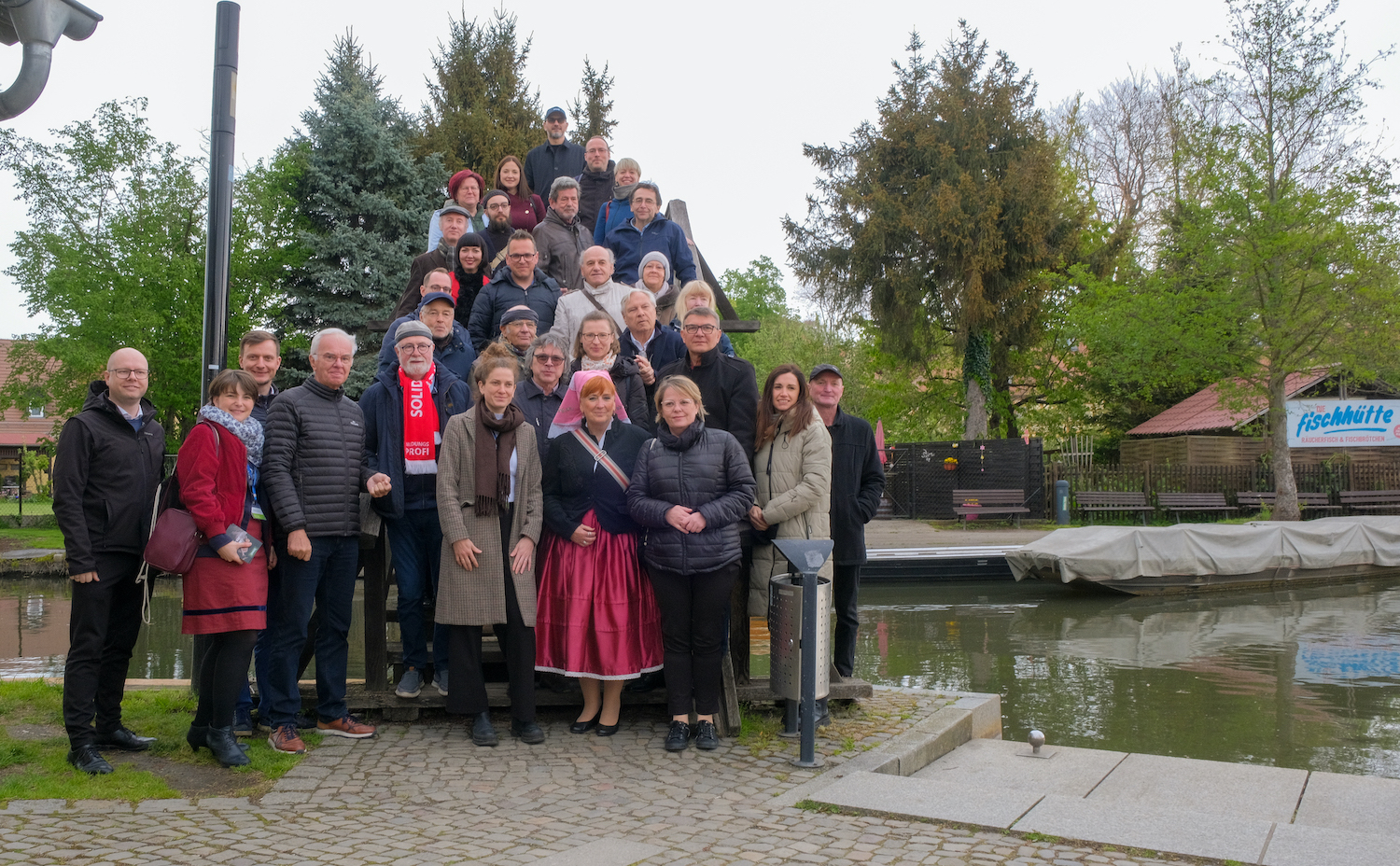
Photos: Kornél Szilágyi
Click here for the photo gallery.
Background: The FUEN Non-Kin State Working Group
The Non-Kin State Working Group was established by FUEN in 2017 to give minorities without a mother state the opportunity to discuss their specific concerns and challenges, find solutions and develop joint strategies for the preservation of their small languages and cultures. It currently comprises 40 organisations from 17 different countries.
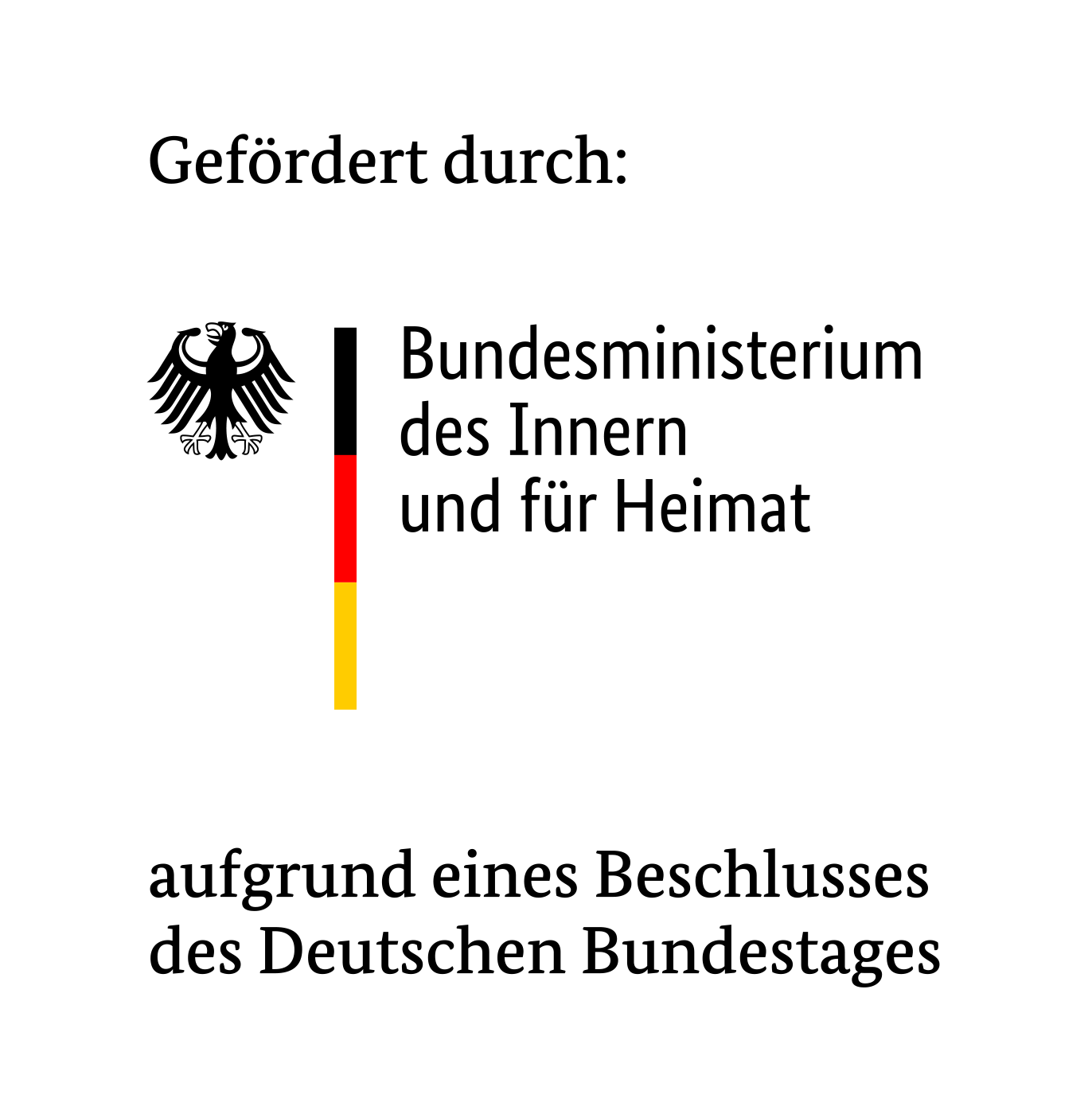
PRESS RELEASES
- FUEN wishes you a peaceful Christmas season, restful days and a bright, hopeful start to the new year!
- FUEN calls on the EU to act over systematic ethnic-based land confiscations in Slovakia
- Women of Minorities conference in Budapest calls for structural change to ensure equal political participation of minority women
- FUEN President Olivia Schubert at UN Forum on Minority Issues in Geneva
- "Laboratory of Peace": 28th Seminar of Slavic Minorities held in European Capital of Culture Gorica/Gorizia
- Equality in Political Participation and Representation: Third “Women of Minorities” Conference to Be Held in Budapest
- FUEN Working Group on Education discusses challenges and future of minority schooling in Europe
- 28th Seminar of Slavic Minorities in Europe to take place in Gorica/Gorizia, Italy
- Olivia Schubert in her first interview as FUEN President
- FUEN Assembly of Delegates elects new leadership – Olivia Schubert becomes new President















